Markelle Grabo retells the fairy tales that frustrate her, which, based on that guideline, could include nearly all of them. She earned her master’s degree in creative writing for children and young adults from Hamline University and lives in the Greater Chicago Area with her partner and their two cats, Matcha and Kava. Call Forth a Fox is her debut novel.
I had the opportunity to interview Markelle, which you can read below.
First of all, welcome to Geeks OUT! Could you tell us a little about yourself?
I write queer retellings of classic fairy tales and Call Forth a Fox is my debut novel. When I’m not writing, I’m usually experiencing stories some other way (through books, television, movies, podcasts, video games, etc). I’m a communications specialist by day, and I live in the Greater Chicago area with my partner and two fluffy cats, Matcha and Kava.
What can you tell us about your book, Call Forth a Fox?
Call Forth a Fox isa queer retelling of the Grimm fairy tale “Snow White and Rose Red.” The story follows a fifteen-year-old girl named Ro who is struggling with her mother’s decision to move their family from their village to the town across the river in search of a better life. One night, while foraging in the forest beside her cottage, Ro saves a fox from a bear, only to witness the bear transform into a boy with no memories – all he knows is that he must kill the fox. With the help of her sister, Ro vows to help the boy break his curse and keep the fox out of harm’s way, and realizes that the home she loves is not the haven she thought it was.
It’s a story about transition and transformation, discovery and acceptance, and how important family history and the past are in determining one’s future. The story also features sapphic romance, nature-based faeries and magic, and an atmospheric winter setting.
As an author, what drew you to the art of storytelling, specifically speculative fiction?
I’m drawn to stories of all kinds, but with speculative fiction the possibilities feel uniquely endless and exciting. You can introduce magic and fantastical settings but also write characters grounded in true, complex emotions and tell stories with universal themes.
How would you describe your writing process?
The first draft of a project usually takes me a while because I rarely outline – writing is a process of discovery for me, and beyond some plot basics, I don’t truly know what the story is meant to be until much later. I tend to underwrite the first draft and then flesh out the story in revision once I have a better sense of the structure, characters, and themes. The process of revision is much quicker than drafting and is my favorite part of writing. I feel like it’s when I truly tap into my creativity.
Growing up, were there any stories in which you felt touched by/ or reflected in? Are there any like that now?
As a fan of quieter, character-based fantasy, there was a lot I felt touched by growing up. I read The Scorpio Races by Maggie Stiefvater in high school and it remains my favorite novel. But it wasn’t until I finally read my first queer retelling of a fairy tale for my graduate studies – Ash by Malinda Lo – that I saw my queerness reflected in a way I didn’t know I’d been searching for. I’ve always loved fairy tales, but I’m often frustrated by them, too. It wasn’t until Ash that I realized my greatest frustration is that while there are fairy tales that have queer subtext, like “Snow White and Rose Red,” they are still overwhelmingly heteronormative. As a queer person, I could never feel truly satisfied with them. Now there are so many queer retellings that I’ve connected to – novels by Melissa Bashardoust and Anna-Marie McLemore being some of my favorites.
As a writer, who or what would you say are some of your greatest creative influences and/or sources of inspiration in general?
Because my genre of choice is fairy tale retellings, I’d say I’m most influenced by fairy tales. It’s a delicate balance of being inspired to pay homage as well as reinterpret the elements I’m most frustrated by or beg for further exploration.
What are some of your favorite elements of writing? What do you consider some of the most frustrating and/or challenging?
I love writing dialogue, especially intimate, one-on-one conversations between characters. Dialogue is something I never have to think too hard about – the words seem to always be there. The same can’t be said for setting. I struggle with it a lot, and I tend to skip over those details when I’m drafting, though I know how important setting is for world-building and immersing the reader in a story. So I end up having to spend a lot of time in revision giving setting its due, as frustrating as that is!
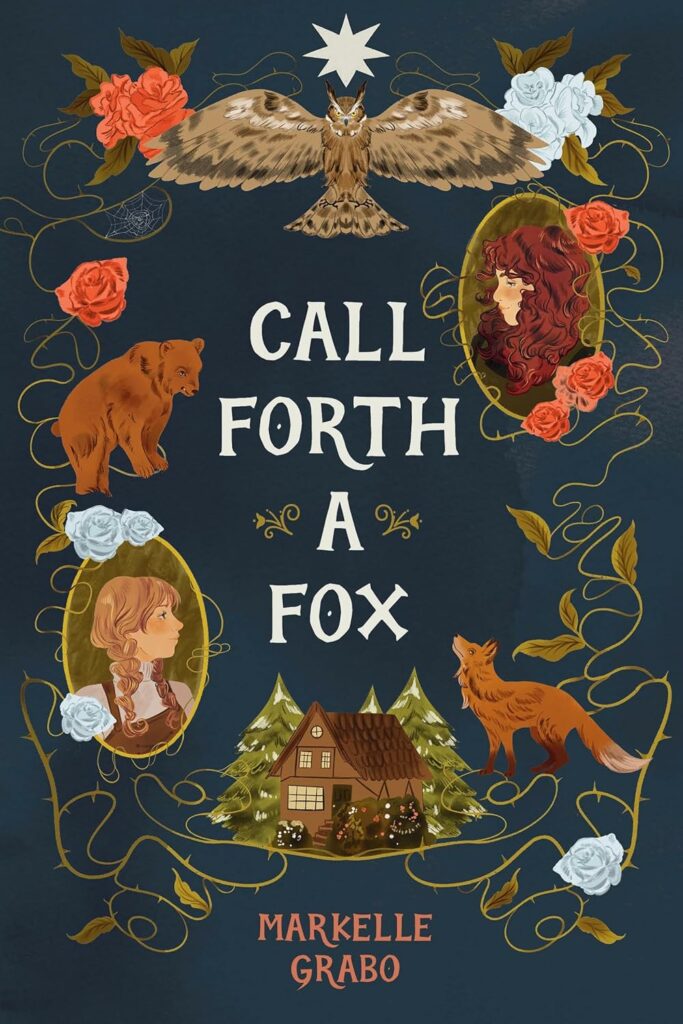
Many authors would say one of the most challenging parts of writing a book is finishing one. What strategies would you say helped you accomplish this?
It helps to have a deadline, either externally or self-imposed. I wrote my first draft of Call Forth a Fox for my graduate program in creative writing, so I was always working with external deadlines that kept me on track. With the current project I’m drafting, I’m only accountable to myself. That makes consistency a bit difficult. But I try to commit to writing a certain number of days per week or reaching a certain number of words each time I sit down to write, and that helps me progress toward the finish line.
Aside from your work, what are some things you would want others to know about you?
Some of my non-writing interests include hiking, tea, and Renaissance Faires!
What’s a question you haven’t been asked yet but that you wish you were asked (as well as the answer to that question)?
Why choose “Snow White and Rose Red” for your first retelling?
I wanted my debut to be a retelling of a fairy tale I didn’t grow up with so I could work from a fresh perspective and avoid any nostalgic influence. When I read “Snow White and Rose Red” for the first time, I knew I’d found the right story.
The queer subtext surrounding animal transformation is very compelling, as well as aspects of Rose Red’s characterization that mark her as “wilder” or less traditionally feminine than her sister. Rose Red reads like a queer character to me. That’s why I’m so frustrated by the overwhelmingly heteronormative and patriarchal ending of the original fairy tale. Snow White marries the bear/prince and Rose Red marries his brother – a nameless character we never meet! To me, the ending is signaling that the story shouldn’t be read as queer, and that felt like a challenge I couldn’t pass up. In my retelling, Rose Red’s queerness – and in particlar, her bisexuality – is inextricably woven into the novel, and neither sister has any desire for a “traditional” end to her story.
What advice might you have to give for other aspiring writers?
Trends are fleeting, so don’t chase them! Write what you’re truly passionate about. Stories are about connection. You can’t expect editors or readers to connect to something you’re not connected to yourself.
Are there any other projects you are working on and at liberty to speak about?
I’ve got one queer fairy tale retelling on submission, another waiting to be revised, and a third that I’m drafting now, so we’ll see where publishing takes me!
Finally, what books/authors would you recommend to the readers of Geeks OUT?
I already mentioned fairy tale retellings by Malinda Lo, Melissa Bashardoust, and Anna-Marie McLemore, but I also recommend Elana K. Arnold’s Red Hood and Heather Walter’s Malice. If you’re looking for literary criticism about fairy tales, I highly recommend Transgressive Tales: Queering the Grimms, edited by Kay Turner and Pauline Greenhill.

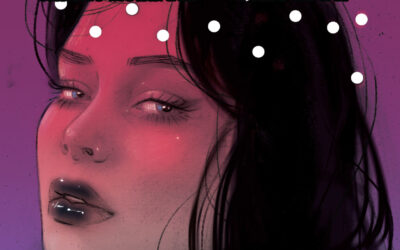
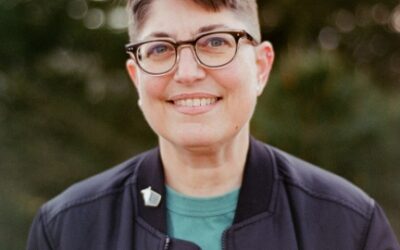

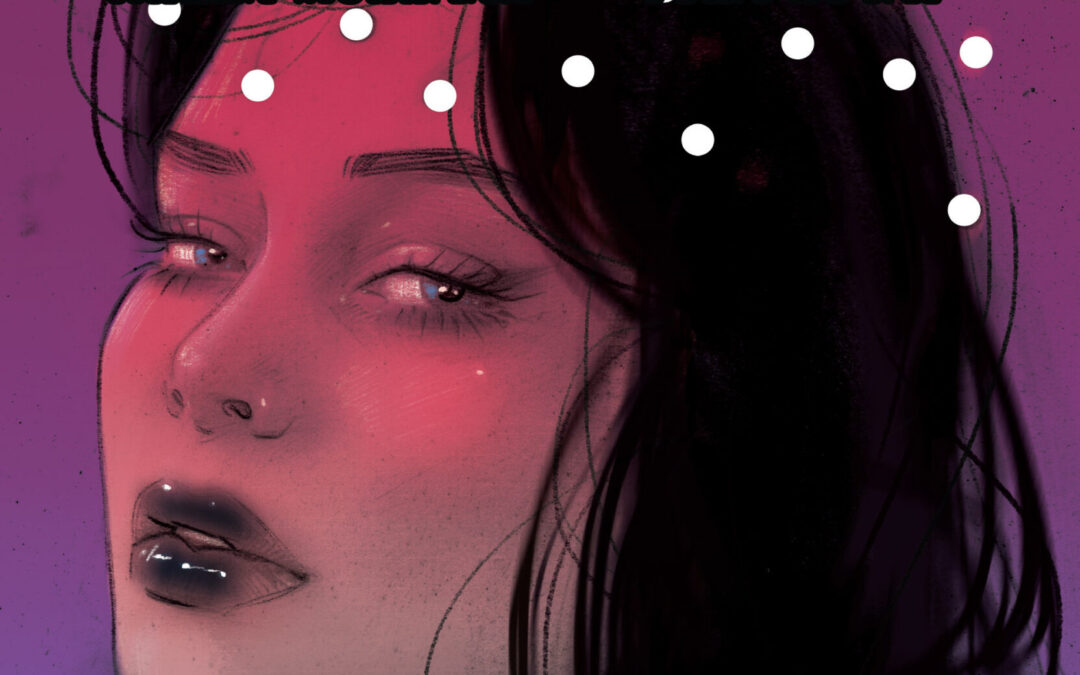
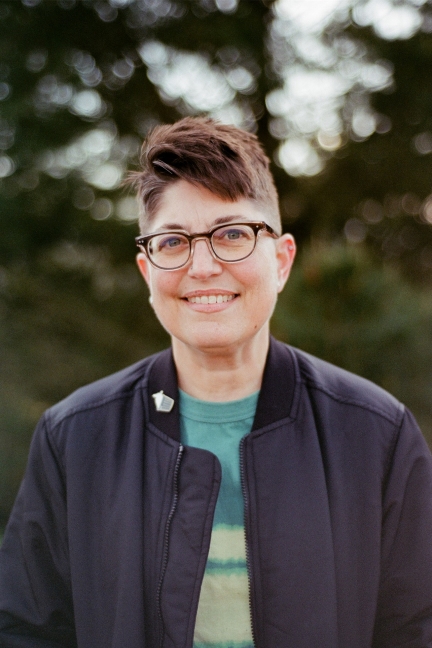
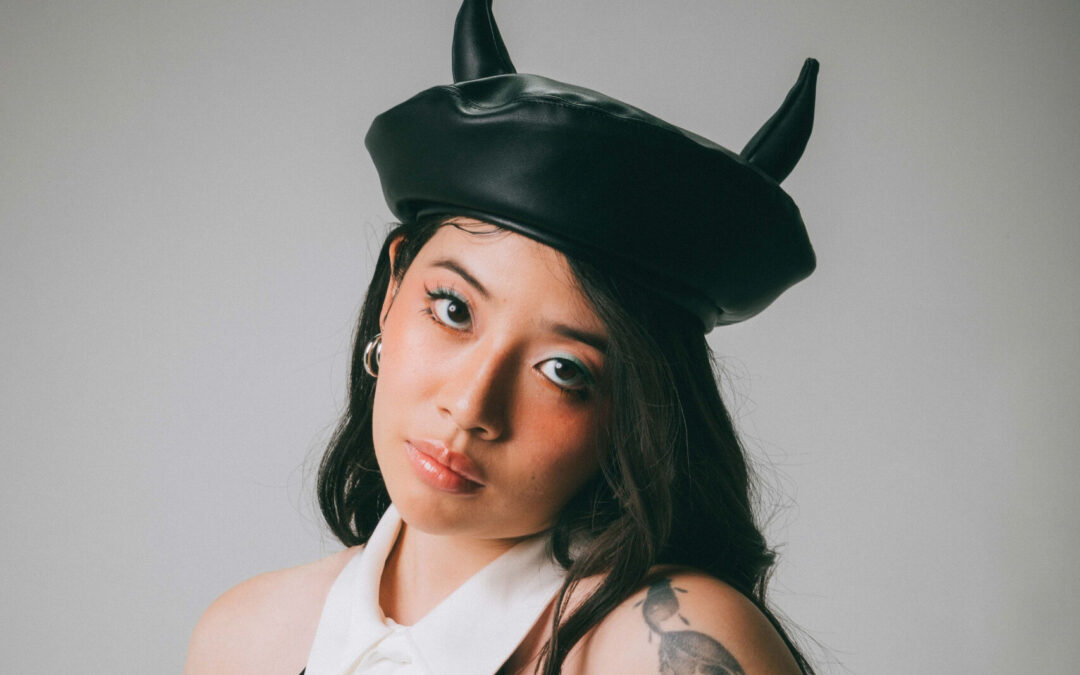
0 Comments